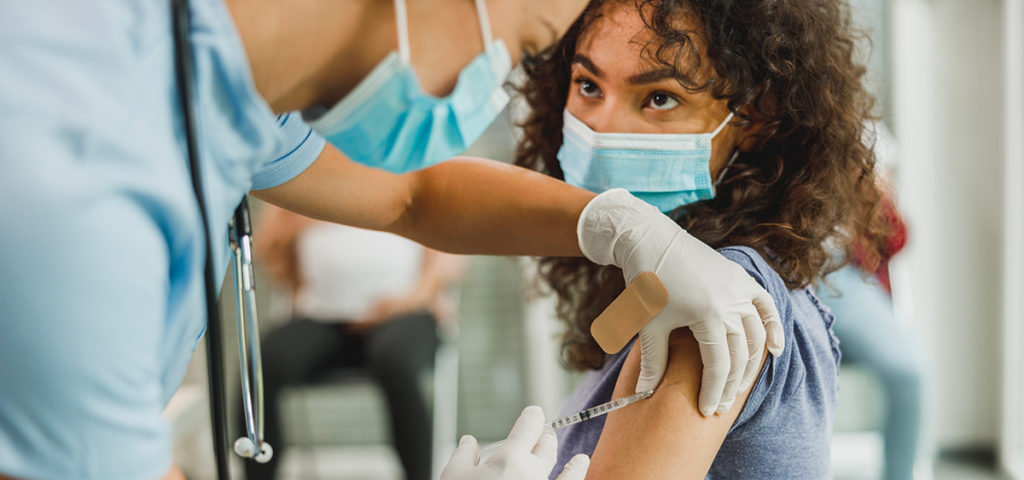Vaccination against COVID for children between 5 and 11 will soon start in Quebec. For all children under 14, it is the parents who must provide — or refuse — the consent on behalf of the child. But what happens if one parent says yes and the other says no?

The interests of the child come first
Parents must act in the sole interests of the child in deciding whether the child will receive the vaccine or not.
The decision cannot be based on the parents’ own beliefs (whether religious or other) if these beliefs are contrary to the child’s own interests.
In addition, the parents must ensure that the vaccine
- will be beneficial, even if there is some risk of severe and permanent side effects
- is the best option, given all the circumstances, and
- does not present an undue risk, given the expected benefit.
What if one parent says yes and the other says no?
If the parents disagree with one another, the usual rules of parental authority apply.
This means that the parents must do their best to discuss the issue and reach an agreement on whether the child should receive the vaccine. This rule applies to all parents, whether living together or are separated
If the parents still can’t agree, either of the parents can file an application in court to have a judge rule on the matter. The judge will have to make the decision based on the best interests of the child.
As much as possible, the judge must take the child’s own wishes into account. The judge must give the child the possibility of speaking in court, if appropriate to the child’s age and abilities.
Important! A person other than a parent, such as a boyfriend or girlfriend of a parent, does not have parental authority.
Going to school without being vaccinatedIn Quebec, a child can attend school, even if they have not received the recommended vaccines for certain illnesses. However, if there is an outbreak of a contagious illness in the school, and a child is not vaccinated against that illness, the department of public health could prevent the child from attending school. This would apply until the end of the outbreak. |





